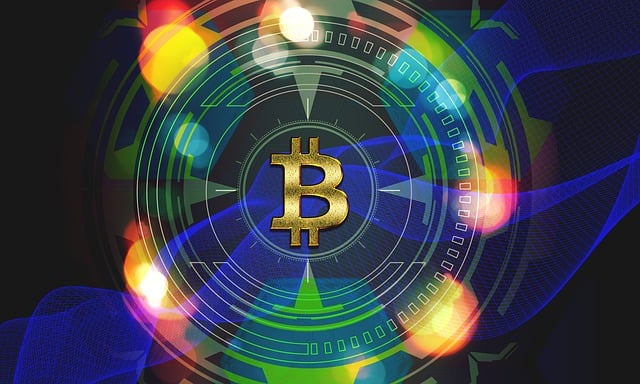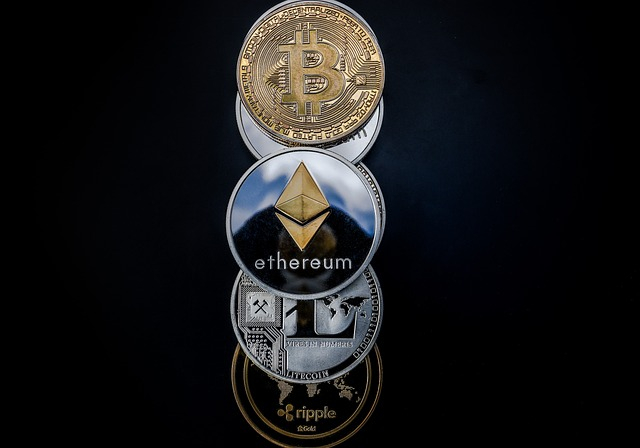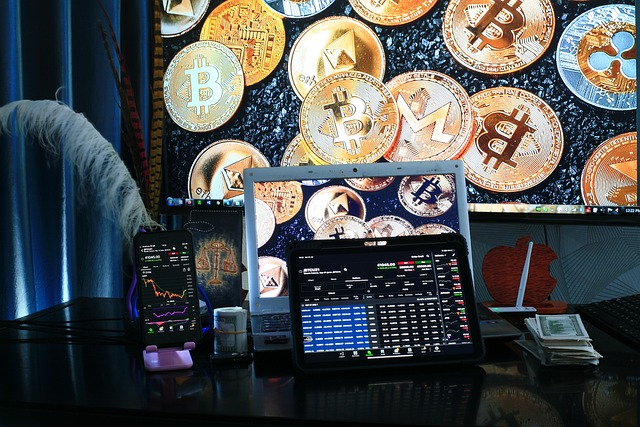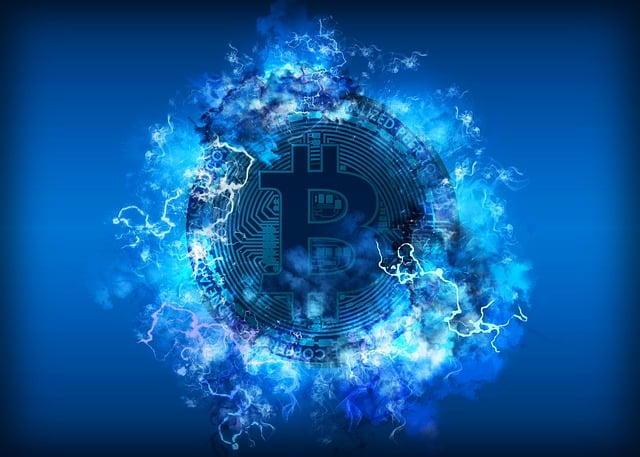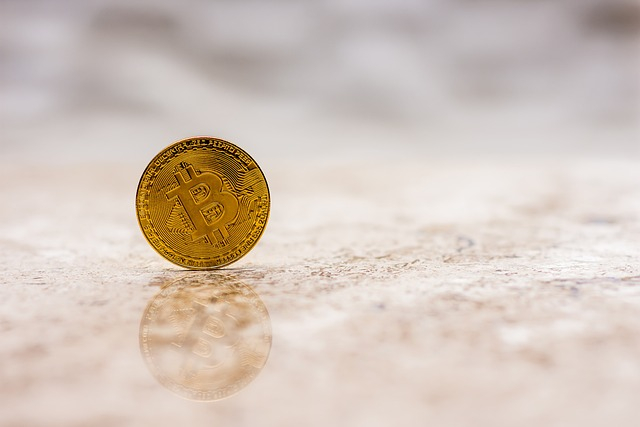The role of altcoins in the future of payments and transactions
 In the ever-evolving landscape of financial technologies, altcoins—digital currencies other than Bitcoin—have emerged as harbingers of transformative change. As we bear witness to the inexorable march of progress, it is incumbent upon us to contemplate the role of these novel monetary instruments in shaping the future of payments and transactions. In this erudite exposition, we shall endeavor to elucidate the potential ramifications of altcoins in redefining the contours of contemporary financial systems. At the vanguard of this revolution lies the blockchain, a decentralized ledger that undergirds the architecture of altcoins. By virtue of its inherent properties—transparency, immutability, and security—blockchain technology has engendered a paradigm shift in the realm of financial transactions. This disruptive innovation has laid the groundwork for the ascent of altcoins, which are poised to challenge conventional notions of value transfer and engender a more egalitarian and accessible global economy. The ascendency of altcoins can be attributed, in part, to their ability to surmount the limitations of traditional financial systems. By leveraging the power of decentralization, these digital currencies circumvent the need for intermediaries, thereby streamlining transactions and reducing costs. This democratization of finance portends a future wherein the hegemony of established financial institutions is supplanted by a more inclusive and equitable system.
Notwithstanding their myriad benefits, altcoins are not without their challenges. The nascent nature of the technology, coupled with the absence of a regulatory framework, has engendered a milieu characterized by volatility and uncertainty. Moreover, the energy-intensive nature of certain altcoins has raised concerns over their environmental impact, necessitating the development of more sustainable solutions. As we stand on the precipice of a new epoch in the annals of financial history, it is essential that we adopt a perspicacious approach in our appraisal of the role of altcoins in the future of payments and transactions. By embracing the transformative potential of these digital currencies, while simultaneously addressing the challenges they present, we can harness their disruptive power to engender a more efficient, inclusive, and sustainable global financial ecosystem. Furthermore, the integration of altcoins with emerging technologies, such as the Internet of Things (IoT) and artificial intelligence (AI), heralds a future where the convergence of the digital and physical realms will reshape the very fabric of commerce. In this brave new world, autonomous machines and smart devices will engage in transactions, leveraging the power of altcoins to create a truly interconnected and frictionless global economy. As we contemplate the role of altcoins in the future of payments and transactions, it is essential that we adopt a proactive stance in fostering the development of appropriate regulatory frameworks, technological innovations, and educational initiatives. By doing so, we can ensure that the benefits of these digital currencies are harnessed for the greater good, while mitigating the risks associated with their adoption. In conclusion, the inexorable rise of altcoins signifies a paradigm shift in the world of finance, one that promises to redefine the way we conduct payments and transactions. As we navigate the uncharted waters of this digital revolution, it is our collective responsibility to adapt and evolve, lest we risk obsolescence in the face of transformative change. The future of payments and transactions is inexorably intertwined with the fate of altcoins, and as such, we must be prepared to embrace the challenges and opportunities that lie ahead. Article and video for topic: The role of altcoins in the future of payments and transactions. Author: Jonathan Burroughs |
